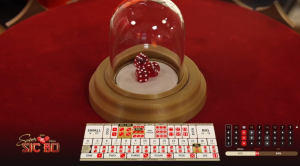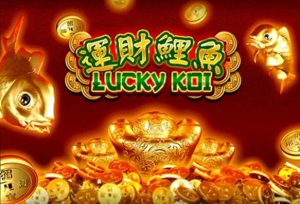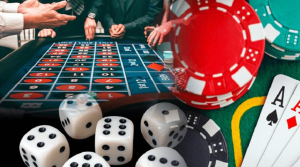In north-western Laos, Chinese businesses dominate the Ton Pheung district, a special economic zone that has become a hub for all kinds of trafficking. A silhouette of the casino’s golden domes and gaudy crown appears in the distance, standing out like a sore thumb against the landscape of lush tropical hills in this north-western corner of Laos. The Ton Pheung district is part of a special economic zone (SEZ) — deep in Southeast Asia’s drug-producing Golden Triangle — and the enormous Kings Roman Casino is its beating heart.
Just across the Mekong river from Thailand, Ton Pheung is just a stone’s throw from where the borders of Laos, Myanmar, and Thailand meet. To the northeast is the border with China, and Chinese citizens have come to dominate and the surrounding province of Bokeo. The most powerful is Zhao Wei, who obtained a 99-year concession on 10,000 hectares of land in Bokeo from the Laotian government in 2007. That land was ambitiously transformed into a small village on the banks of the Mekong, replete with luxury hotels, shopping malls, restaurants, golf courses, spas, and casinos — everything that was to become the Ton Pheung SEZ.
While nominally under the control of the government in Vientiane, everyone in Ton Pheung speaks Mandarin. Clocks are set to Beijing time and almost no one accepts the Laotian kip as currency, preferring the Chinese yuan instead. Rice paddies give way to 15-story condominiums and SUVs are increasingly common on the empty streets. The main attraction is the Kings Roman Casino, which is decorated with Greco-Roman statues and ceilings painted with neoclassical scenes. Chinese citizens fill the gambling halls, bringing piles of banknotes and clouds of cigarette smoke. Gambling is banned in China outside of Macau, so Chinese tourists flock to this corner of Laos for slot machines, online betting, and other casino games. On paper, Zhao’s project promised to raise living standards and spur economic development in this small, impoverished country. But while hundreds of millions of dollars in investment flooded into this remote northwestern province, there’s been little benefit for locals. “We aim to improve living standards and economic conditions for locals,” says Ye Jiankun of Golden Kapok Group, a Hong Kong-based company also owned by Zhao.
In reality, most of the new shops in town are still shuttered and almost all of the workers are Chinese. Zhou Ye recently arrived from the southern Chinese province of Guangdong and opened a restaurant near a Confucius statue, located in a part of town modeled after a traditional Chinese city.
“It’s true that there are very few visitors, but soon this zone will become a major tourist attraction for Thailand and southern China,” says Zhou. “There’s a good business climate, and improved services, security and infrastructure for tourists. Plus you can use the evocative brand of the Golden Triangle.” Not everyone, though, is so enthusiastic about Zhao Wei and his many business ventures. In January, the U.S. Department of the Treasury announced sanctions against the Chinese investor and listed Kings Roman, Golden Kapok, and other Zhao-linked entities as transnational criminal organizations charged with “horrendous illicit activities” including drug trafficking, money laundering, corruption, human trafficking, and trafficking of exotic animals. The Kings Roman casino is the alleged nerve center of Zhao’s operation, serving as a storage and transit hub for the trade in heroin and methamphetamines.
For his part, Ye Jiankun denies any connection to illegal activities. “There is a program underway to provide farmers with an economic alternative to cultivating opium,” he says.









